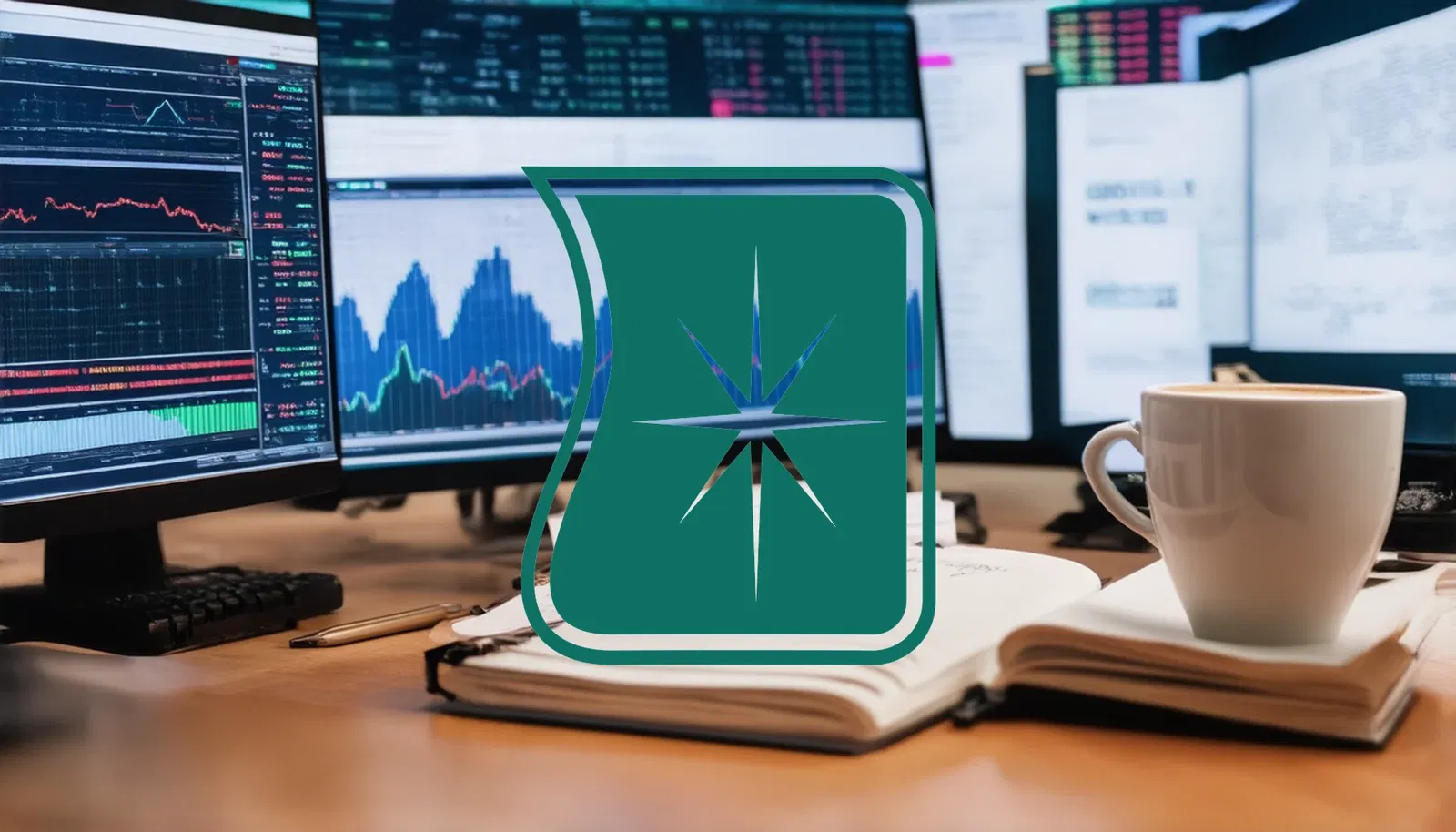Somnigroup International, the sleep products and mattress conglomerate, is navigating a complex period following its transformative acquisition of Tempur Sealy and subsequent corporate rebranding. While market analysts project a bright future, recent stock performance and notable insider transactions suggest underlying challenges may be emerging for the newly consolidated sleep industry giant.
Market Analysts Maintain Bullish Outlook
Despite internal developments that might concern investors, financial institutions have demonstrated remarkable confidence in Somnigroup’s trajectory. Three major firms recently raised their price targets while maintaining buy recommendations:
- Truist Securities: Increased target to $85 from $75
- UBS: Lifted target to $91 from $84
- Raymond James: Adjusted target to $85
These upgrades reflect analyst confidence in the company’s ongoing integration efforts following the significant acquisition, suggesting they believe the long-term growth story remains intact.
Leadership Changes and Insider Activity Raise Questions
Recent executive movements and stock transactions have drawn investor attention. CEO Buster H. Clifford III divested over 70,000 shares in August at $81.20 per share—a substantial transaction that market participants are monitoring closely. Simultaneously, the appointment of Steve Rusing as the new CEO of subsidiary Mattress Firm indicates strategic realignment within the company’s retail distribution network, potentially signaling a new operational direction.
Should investors sell immediately? Or is it worth buying Tempur Sealy?
Operational Performance and Market Challenges
The company’s financial metrics present a mixed picture in a highly competitive market environment. The operating margin currently stands at approximately 10.2%, showing a slight contraction compared to the previous year’s performance. This margin pressure highlights the competitive challenges in the sleep products sector despite the company’s expanded scale.
From a shareholder return perspective, Somnigroup continues distributing its quarterly dividend of $0.15 per share, translating to an annual yield of about 0.7%.
Investor Sentiment and Future Prospects
Recent trading patterns show the stock declining approximately 2% over the past week, indicating that despite positive analyst sentiment, investors remain cautious about the company’s near-term prospects. The central question facing Somnigroup International is whether its new leadership can successfully integrate diverse business units and capitalize on the growth potential that financial analysts clearly see in the combined entity.
Ad
Tempur Sealy Stock: Buy or Sell?! New Tempur Sealy Analysis from February 7 delivers the answer:
The latest Tempur Sealy figures speak for themselves: Urgent action needed for Tempur Sealy investors. Is it worth buying or should you sell? Find out what to do now in the current free analysis from February 7.
Tempur Sealy: Buy or sell? Read more here...









